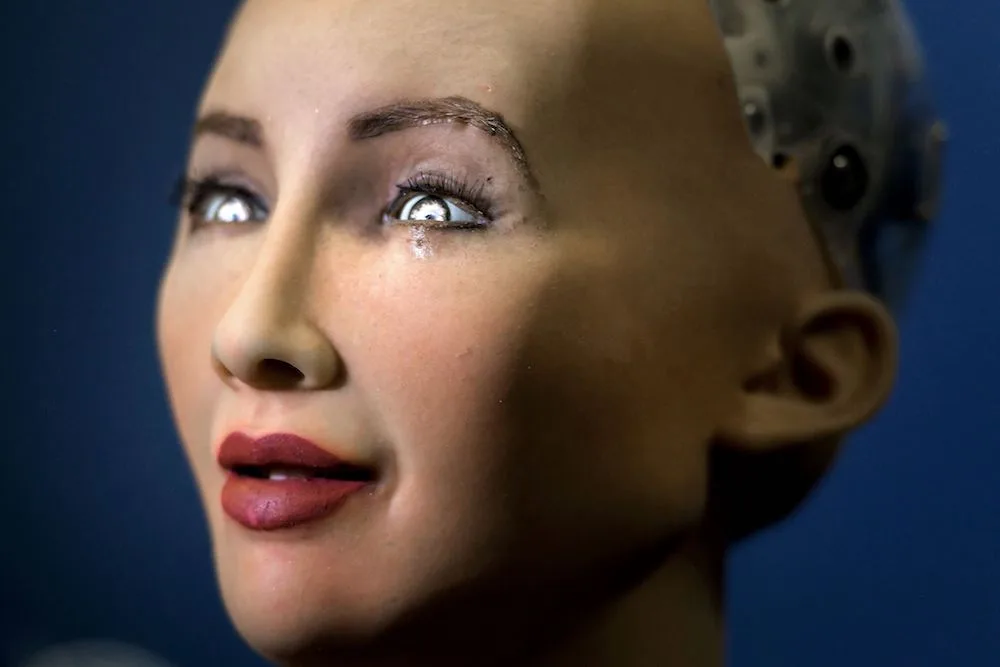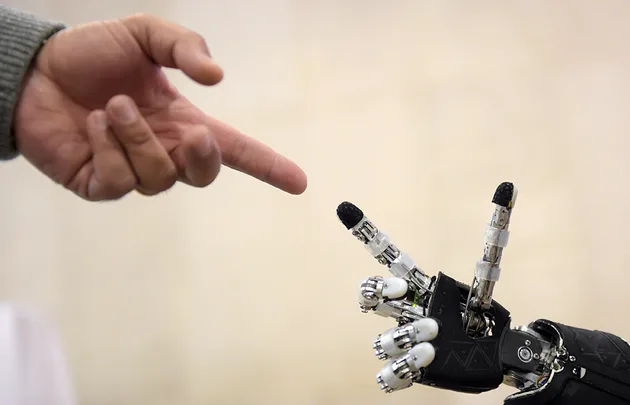With the production of increasingly human-like sex dolls and even sex robots on the rise, a new report has highlighted the very real risks involved with their production and use.
Professor Noel Sharkey, who specialises in artificial intelligence and robotics at the University of Sheffield and has started the Foundation for Responsible Robotics, has co-authored a report, Our Sexual Future With Robots, to raise public awareness of the phenomenon and bring to light its inherent ethical dilemmas.
“We do need policymakers to look at it and the general public to decide what is accessible and permissible,” he told the BBC. “We need to think as a society what we want to do about it. I don’t know the answers – I am just asking the questions.”
One such issue is the existence of sex dolls designed to resemble children. “People say maybe you can use these for therapy,” says Sharkey. “I can’t see it myself. I think it would encourage paedophilia and make it more accessible to assault children,” he told Business Insider.

Co-author Patrick Lin agrees. “Treating paedophiles with robot sex-children is both a dubious and repulsive idea,” he said to Business Insider. “Imagine treating racism by letting a bigot abuse a brown robot. Would that work? Probably not.”
A Canadian court is currently determining whether a man named Kenneth Harrison should be found guilty of possessing child pornography after he ordered a child sex doll online, the BBC reports.
The company he ordered from, Harumi Designs, is on a Canadian watch list and so the doll was intercepted at the airport, and Harrison was charged.
While Prof. Sharkey says there are only few companies making sex robots at this stage, it’s impossible to know how many people are buying them as no sales figures have ever been released.










